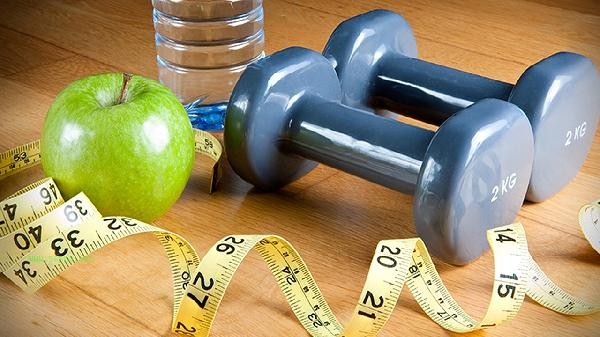Weight loss requires controlling the intake of carbohydrates and fats simultaneously, but the specific ratio needs to be adjusted according to individual circumstances. Both low carbohydrate and low-fat diets can achieve weight loss effects, with the key being total calorie control and balanced nutrition.

1. Low carbohydrate diet
Reducing the intake of refined carbohydrates such as white rice and sweets can help lower insulin levels and promote fat breakdown. Choosing low glycemic index foods such as whole grains and legumes can prolong satiety and avoid hunger caused by drastic fluctuations in blood sugar levels. However, long-term intake of extremely low-carbon water may lead to problems such as fatigue and constipation.
2. Low fat diet
Restricting animal fat and fried foods can effectively reduce calorie intake. It is recommended to replace saturated fat with unsaturated fatty acids such as olive oil and nuts. Attention should be paid to completely avoiding fat that may affect the absorption of fat soluble vitamins, and daily fat intake should not be less than 20% of total calories.
III. Macronutrient Balance
Protein intake should be maintained at 1.2-1.6 grams per kilogram of body weight, which can protect muscle tissue and enhance food heat effects. The use of a ratio of 40% carbohydrates, 30% protein, and 30% fat is suitable for most weight loss individuals. For those who engage in heavy exercise, the carbon to water ratio can be appropriately increased.

Fourth, consideration of metabolic differences
Insulin resistant individuals have a better response to low-carbon diets, while those with abnormal lipid metabolism need to focus on controlling fat. Women can increase their intake of healthy carbohydrates before menstruation to alleviate discomfort, and middle-aged and elderly people should ensure sufficient protein to prevent muscle loss.
V. Sustainability Strategy
Completely prohibit certain nutrients that can lead to overeating, and recommend adopting the 80/20 principle of 80% healthy diet+20% moderate relaxation. Keeping a diet diary can help identify an individual's sensitivity to carbohydrates or fats and dynamically adjust their dietary structure. During weight loss, it is recommended to maintain a daily calorie deficit of 500-750 calories and lose no more than 1% of body weight per week. Combining 150 minutes of moderate intensity exercise per week, such as brisk walking, swimming, etc., yields better results. Regular monitoring of body fat percentage is more meaningful than simply focusing on weight, and adequate sleep and stress management can also help regulate leptin levels. If you experience abnormal symptoms such as dizziness and amenorrhea, you should adjust your diet plan or seek medical attention in a timely manner.









Comments (0)
Leave a Comment
No comments yet
Be the first to share your thoughts!